Highlights
Director-General

News
Food and nutrition crisis deepens across Sudan as famine identified in additional areas
FAO, WFP and UNICEF urge immediate humanitarian access and action to avert what could become the worst hunger crisis in recent history

Story
The 17 days of sustainability: a year-end holiday challenge
17 ways you can help make this a very merry and sustainable holiday season!

The FAO Director-General’s 2024 year-end video message
QU Dongyu encourages everyone to renew their energy and passion to embrace the year of FAO’s 80th birthday with a new noble mission and new chapter

In Focus
FAO in review 2024
Read the series on how FAO has further strengthened its efficiency, effectiveness and transparency to better support its Members in the transformation of agrifood systems.

Interactive story
What a year for fao.org
Did you know that, in 2024, visitors to fao.org spent a combined 64 years browsing the site? Discover more fun FAO website facts from the year that was!

In Focus
FAO response to global food security challenges
Data analyses, policy recommendations, and actions on the ground.

Campaign
Join the International Year of Camelids Photo Contest
Are you a professional or amateur photographer or simply passionate about camelids? Help us spread the word about the importance of these heroes of deserts and highlands!
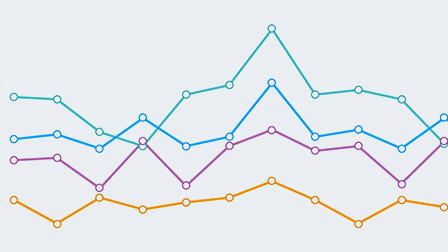
Statistics
FAOSTAT - Food and agriculture data
FAOSTAT provides free access to food and agriculture data for over 245 countries and territories and covers all FAO regional groupings from 1961 to the most recent year available.

In Focus
Discover the FAO Food Loss App
Get actionable insights and expert advice on food loss from farm to market.
Director-General

The FAO Director-General’s 2024 year-end video message
QU Dongyu encourages everyone to renew their energy and passion to embrace the year of FAO’s 80th birthday with a new noble mission and new chapter
Voices of Impact
FAO Director-General QU Dongyu 2024 Year End Video Message
27/12/2024
In the Director-General QU Dongyu’s 2024 year-end message, he encourages us to renew our energy and passion to embrace another historical year, a year of FAO’s 80th birthday with a new noble mission and new chapter, as we continue to recover, rebuild and reform, on our path towards FAO’s Renaissance, together.
Video
Camelids play a key role in the culture, economy, food security and livelihoods
01/12/2023
From alpacas to Bactrian camels, dromedaries, guanacos, llamas, and vicuñas, camelids contribute to food security, nutrition and economic growth.
Podcast
FAO 2024 Year-end Podcast
30/12/2024
FAO looks back on 2024, a year in which the Organization supported those most in need and promoted sustainable food systems to build a better future for all.
Data
Prevalence of undernourishment (percent) (3-year average) 2021-2023
Sources: FAO, IFAD, UNICEF, WFP and WHO. 2024. The State of Food Security
and Nutrition in the World 2024 - Financing to end hunger, food insecurity
and malnutrition in all its forms. Rome, FAO.
https://doi.org/10.4060/cd1254en;
FAO. 2024. FAOSTAT: Suite of Food Security Indicators. [Accessed on 24 July
2024].
https://www.fao.org/faostat/en/#data/FS;
UN Geospatial. 2020.
Map geodata. New York, USA, UN.
Licence: CC-BY-4.0
2020 World
31.2%
2010 World
31.5%
In depth

Data
Transparency is key to FAO’s mission
Our new transparency portal shows how and where our resources are used and the results we have achieved. Explore the portal now.
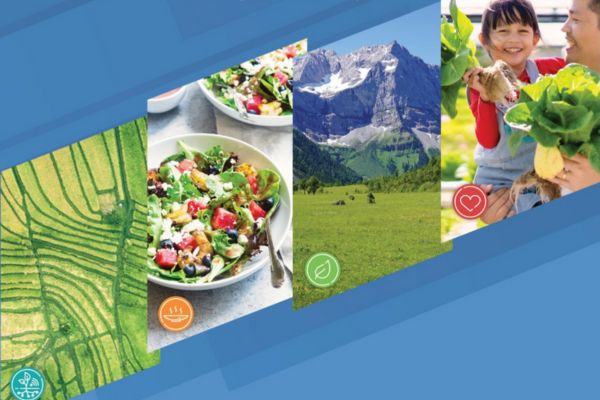
Publication
Medium Term Plan and Programme of Work
The Director-General’s Medium Term Plan (Reviewed) 2022-25 and Programme of Work and Budget 2024-25.
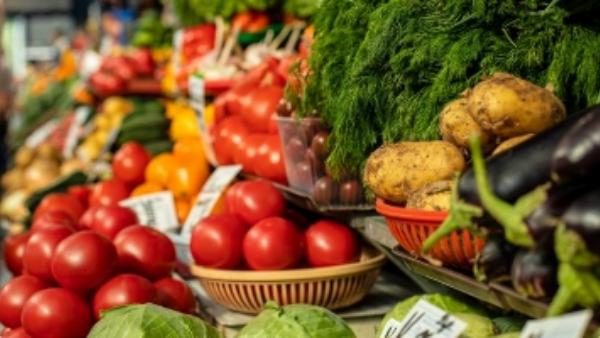
In Focus
FAO Data Lab
The FAO Data Lab for Statistical Innovation modernizes the statistical business process, with a specific focus on emergency contexts, when having access to timely information is very important.
FAO and the SDGs
Hover the mouse over an SDG icon for more information
A world free from hunger and malnutrition where food and agriculture contributes to improving the living standards of all
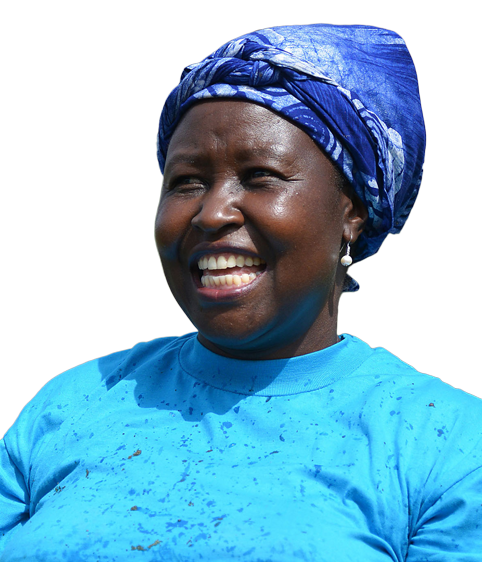
FAO works with governments and partners to empower some of the world’s most marginalized people to end rural poverty.
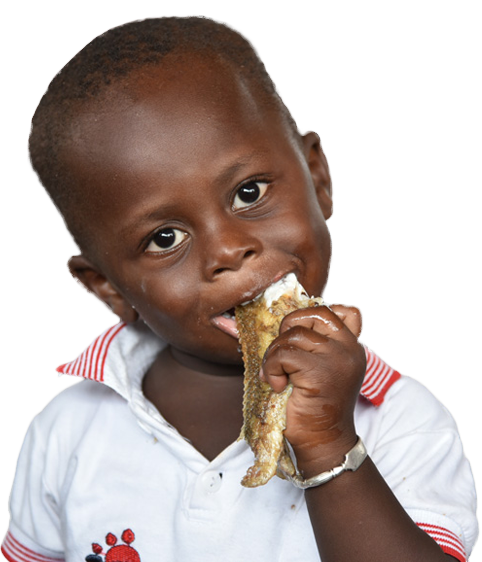
FAO helps ensure food security by developing ways of growing food that will work in the future so that millions of people don’t go hungry.

Good health starts with nutrition. FAO sets global standards and works with governments and the private sector to ensure food quality and safety throughout the food chain.

FAO invests in educational systems for rural communities and supports improved access to primary education and school meals in order to create equal opportunities for all and chances of lifelong learning.

FAO supports gender equality in the agricultural sector in an effort to raise levels of nutrition in local communities and improve agricultural productivity.
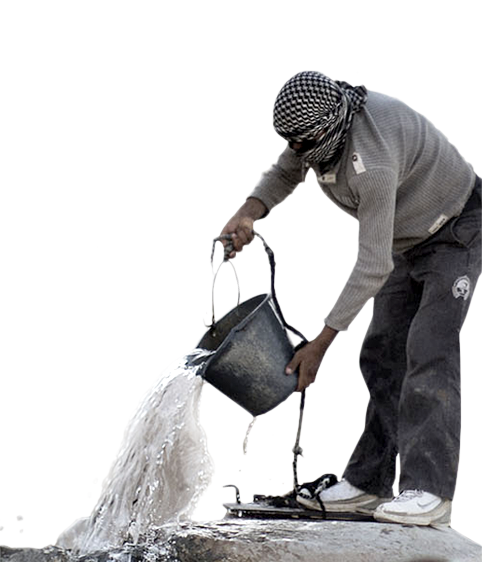
FAO works with governments to ensure water use in agriculture is made more efficient, equitable and environmentally friendly.
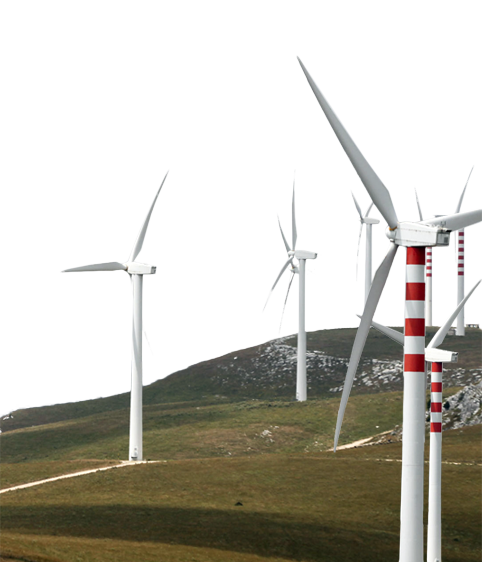
FAO promotes the use of renewable energies and works to ensure access to modern energy services across the food chain.
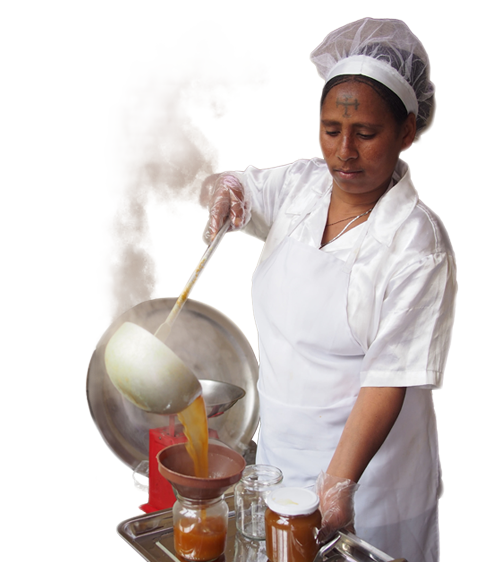
FAO seeks better economic opportunities for all by investing in sustainable agricultural practices and food systems that reduce inequalities and create decent jobs.
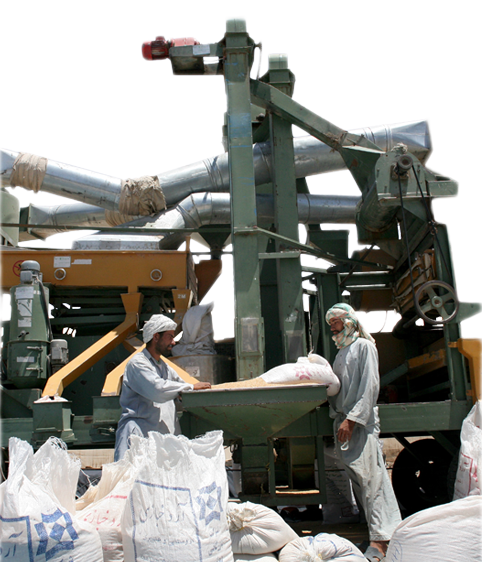
FAO seeks to secure a future for rural communities via investments in transportation, irrigation, food storage facilities and communication technologies.
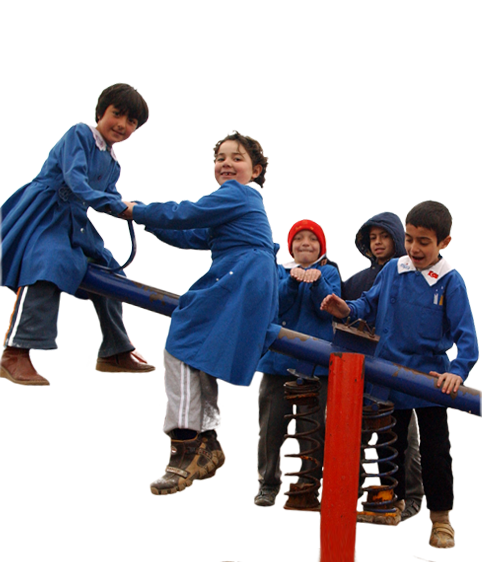
FAO works with countries and partners to generate employment in rural areas, ensure access to natural resources for the most vulnerable and connect farmers to markets.

FAO works to improve urban healthcare, water quality and rethink city region food systems to help deter the negative effects of sprawling urbanisation.
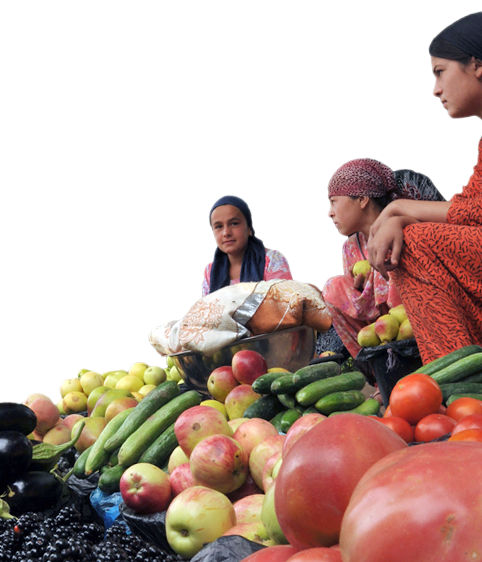
FAO coordinates major global initiatives and projects to tackle food waste and loss, partnering with international organisations, the private sector and civil society.
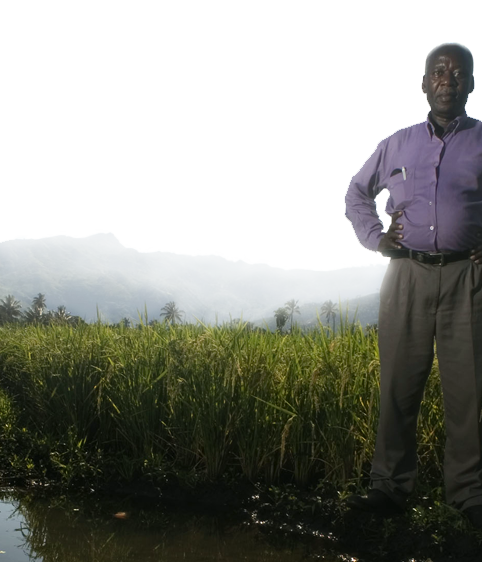
FAO supports countries in responding to the threats of climate change by providing advice, data and tools for better agricultural policies and practices.
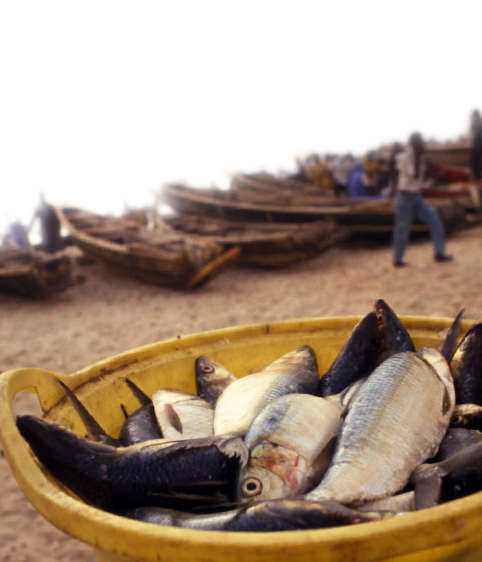
FAO, in partnership with governments and fishing communities, implements best practices in fisheries to ensure our oceans are protected as a means of livelihoods.
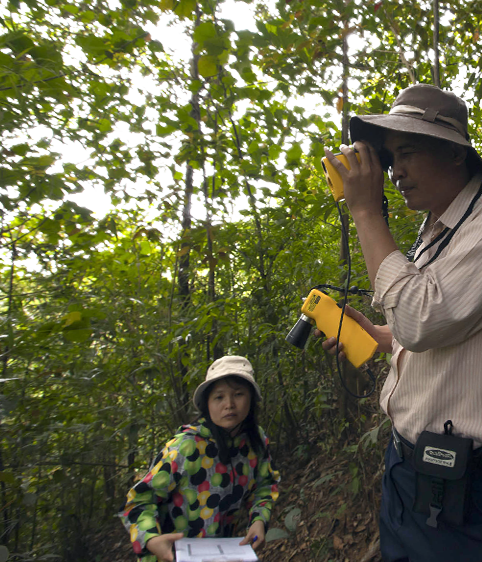
FAO promotes sustainable approaches to natural resource management and supports endeavours that promote a balance between conservation and development initiatives.
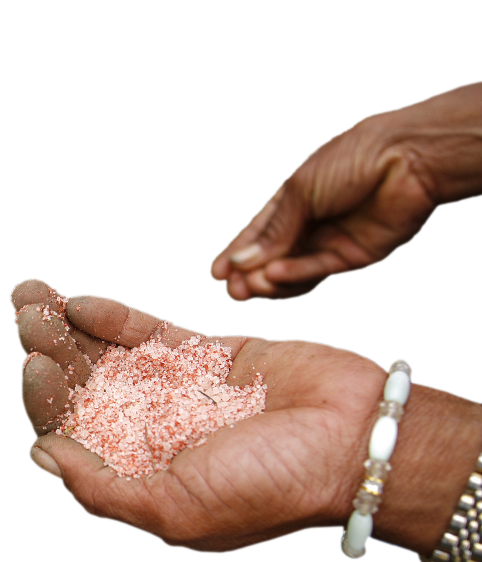
FAO plays a critical role in peacebuilding, restoring rural livelihoods, building resilience and participatory approaches to policymaking.
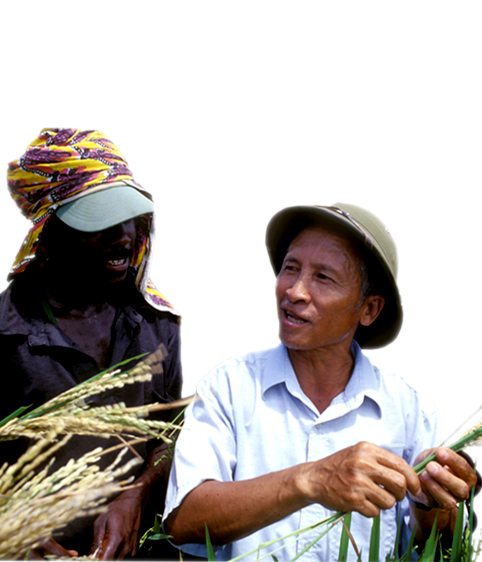
FAO acts as a neutral policymaking forum and develops partnerships with all concerned with food and agriculture to ensure a world free from hunger.


















Globally Important Agricultural Heritage Systems.
What a year for fao.org
Did you know that, in 2024, visitors to fao.org spent a combined 64 years browsing the site? Discover more fun FAO website facts from the year that was!



